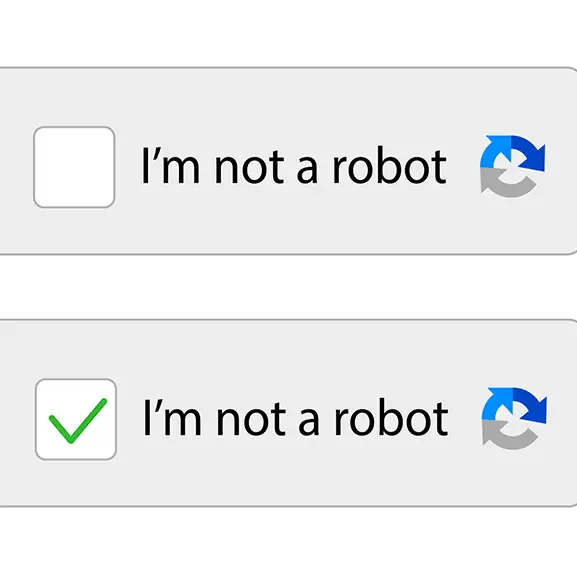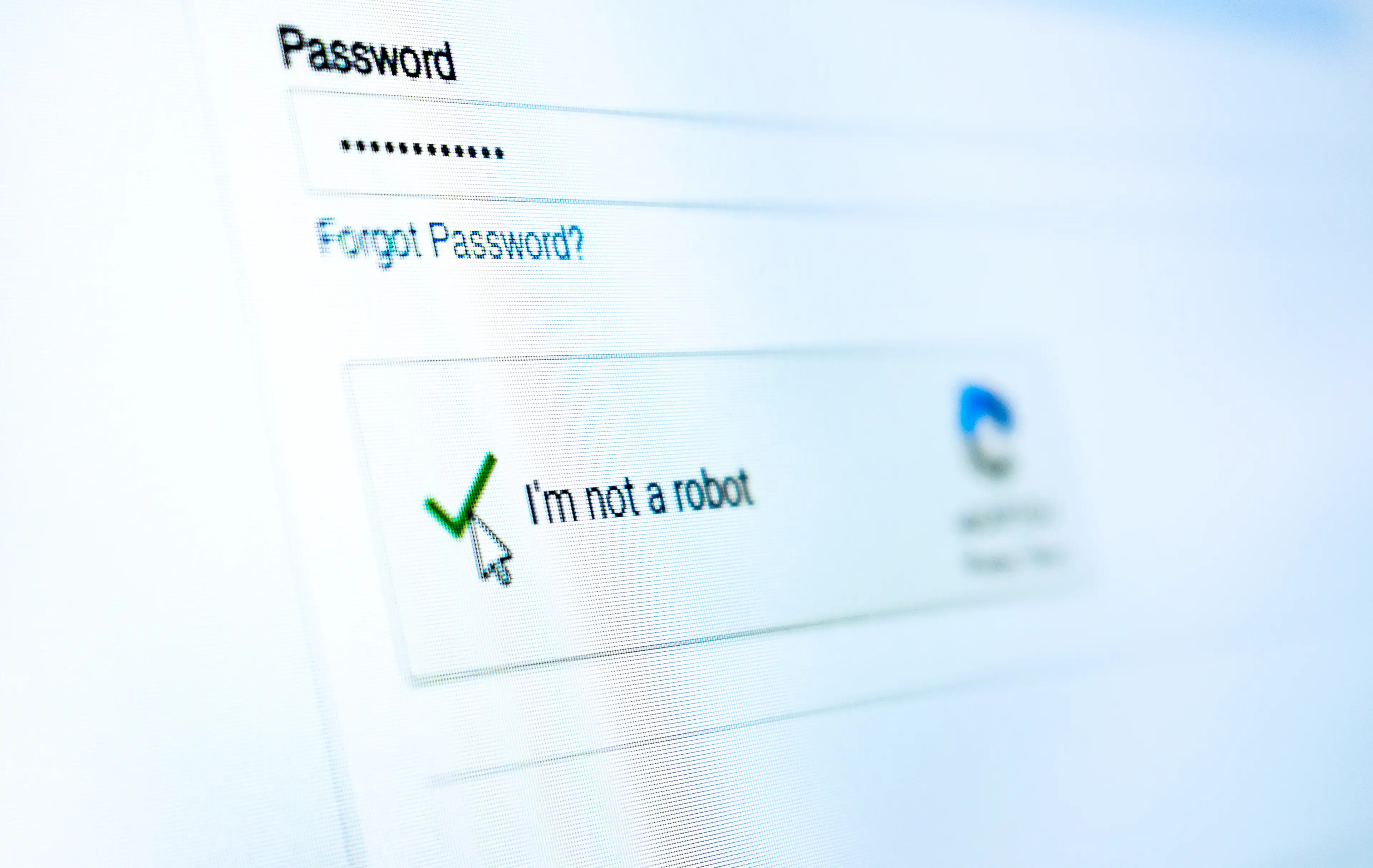
Since we’re all constantly glued to our screens, encountering an 'I'm not a robot' checkbox is almost as common as seeing someone post a selfie on Instagram.
But have you ever paused to wonder what really happens when you click that little box?
There’s more to it than you’d think - and what happens might just surprise you.
Advert
This seemingly simple task is part of a system known as CAPTCHA, which stands for 'Completely Automated Public Turing test to tell Computers and Humans Apart'. The name itself is a hint at its purpose: distinguishing humans from potentially harmful automated bots on the internet. While many of us may assume that clicking the checkbox is just a straightforward test a robot can't pass, the reality is far more complex.
As revealed by Sandi Toksvig on the BBC's QI, clicking that checkbox initiates a process that scrutinizes your behavior before the click. This means the CAPTCHA system is analyzing your digital footprint to decide if your actions align with what is expected of a human.
And so what you might not know is that a CAPTCHA is not just about ticking a box - it's related to how you behaved in the moments leading up to that action.
"So, to be honest, I can’t tell you all the details because they keep it secret because they don’t want people trying to cheat the test, but broadly speaking, you tick the box and it prompts the website to check your browsing history,” Toksvig said.
"So let us say, for example, before you tick the box you watched a couple of cat videos and you liked a tweet about Greta Thunberg, you checked your Gmail account before you got down to work – all of that makes them think that you must be a human."
It's certainly a sophisticated way of ensuring that the user is not a programmed bot but a living, breathing person with a diverse range of online activities.
But the analysis doesn't end there. CAPTCHA systems also apparently examine the way you move your mouse towards the checkbox. The trajectory, speed, and even the hesitations in your movement are all said to be factors in determining your human status.

And there’s more (heaven forbid). If you don’t manage to convince the system that you’re a real, living person and it still feels uncertain about your human status, it can often resort to a secondary test. This is where those annoying image recognition tasks come into play, asking users to identify which of the images it shows you include a specific object, like a traffic light or motorbike (why are they always traffic-related?).
It's a further step to ensure your authenticity and that you’re not some evil bot trying to sway the results of presidential campaigns and the like.
While this level of security might seem a bit far-fetched and almost intrusive, it’s worth remembering that it’s been designed to protect websites and services from automated attacks and spam. And it does do a good job of that.
Still, learning that CAPTCHA is this sophisticated has been rather eye-opening for many internet users, sparking discussions about privacy and the extent of monitoring online, and making some feel unsettled.
The revelation that clicking a simple checkbox could trigger a review of one's internet history and behavior? Or the notion of a machine making judgments about our humanity based on our digital actions? You can see why some might think that raises important questions about privacy in our digital lives.
But, as bots become more advanced in mimicking humans, the systems designed to detect them must also evolve, leading to these intricate verification methods. While it's a small action on your part, it represents a significant effort in ensuring the integrity and safety of online spaces.